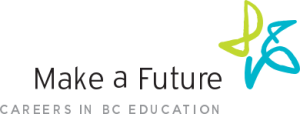
Best practices in effective mentoring programs
Whichever mentorship models your school or district chooses to implement, this best practices checklist provides a guide to ensure that your program is relevant, effective and meeting its goals:
- The program is planned and implemented collaboratively among stakeholders, including administrative and union leadership to ensure program sustainability.
- The program is responsive to the culture and needs of the district.
- Mentorship is non-evaluative and non-remedial. Confidentiality among participants is essential.
- Participation is voluntary and open to all teachers.
- Clear criteria are established for whom the mentoring program is designed to serve, and how teacher participants will be selected and supported.
- The program involves planned mentor recruitment, selection, education and learning growth.
- Funding for a mentorship program is clearly defined within district budgets, and responsibilities for program implementation and development are clearly defined within professional roles and committee members.
- The program includes ongoing review and feedback from mentor and mentee participants to inform program evaluation.
- Mentoring is integrated within other induction processes to support new teachers hired within the district.
- Mentoring is integrated within other structures for professional collaboration and learning within the district (i.e., inquiry projects, learning teams).
Learn more
There are many online resources to support you in your development and implementation of a mentorship program. Here are a few places to start:
- The New Teacher Mentoring Project offers an incredible array of resources to help you design or redesign a mentorship initiative, build and sustain powerful mentoring relationships and connect to additional supports and research. The site includes worksheets, videos, guides and much more.
- This 19-page booklet is a useful guide and workbook for district mentorship steering committees: (re)Designing Responsive and Sustainable Mentorship
